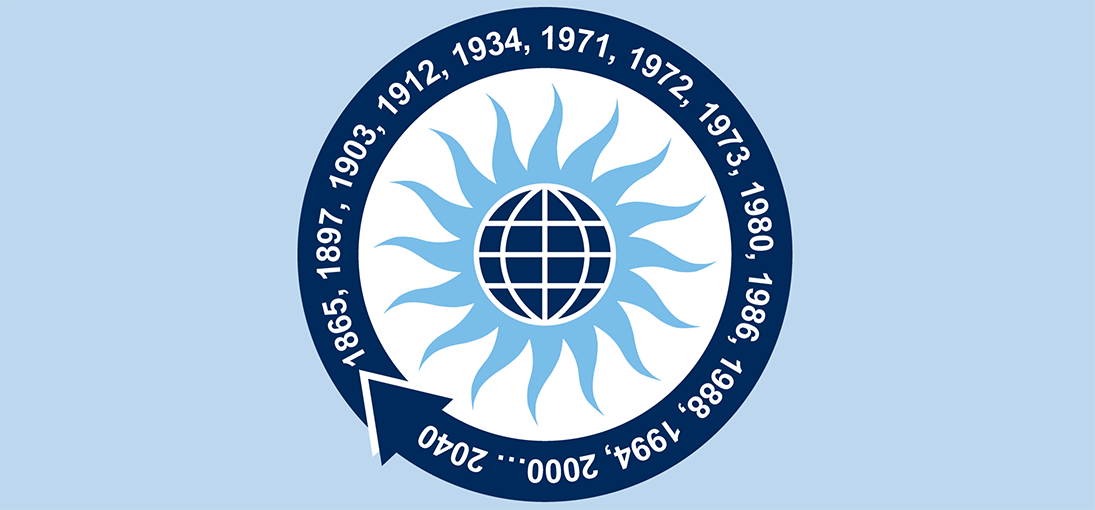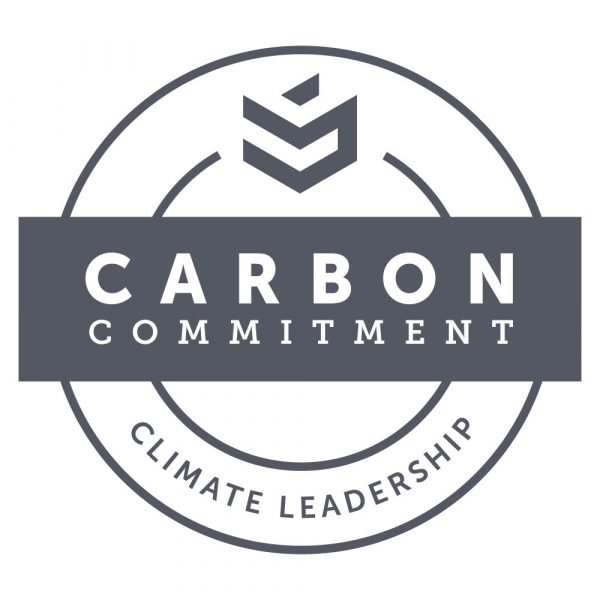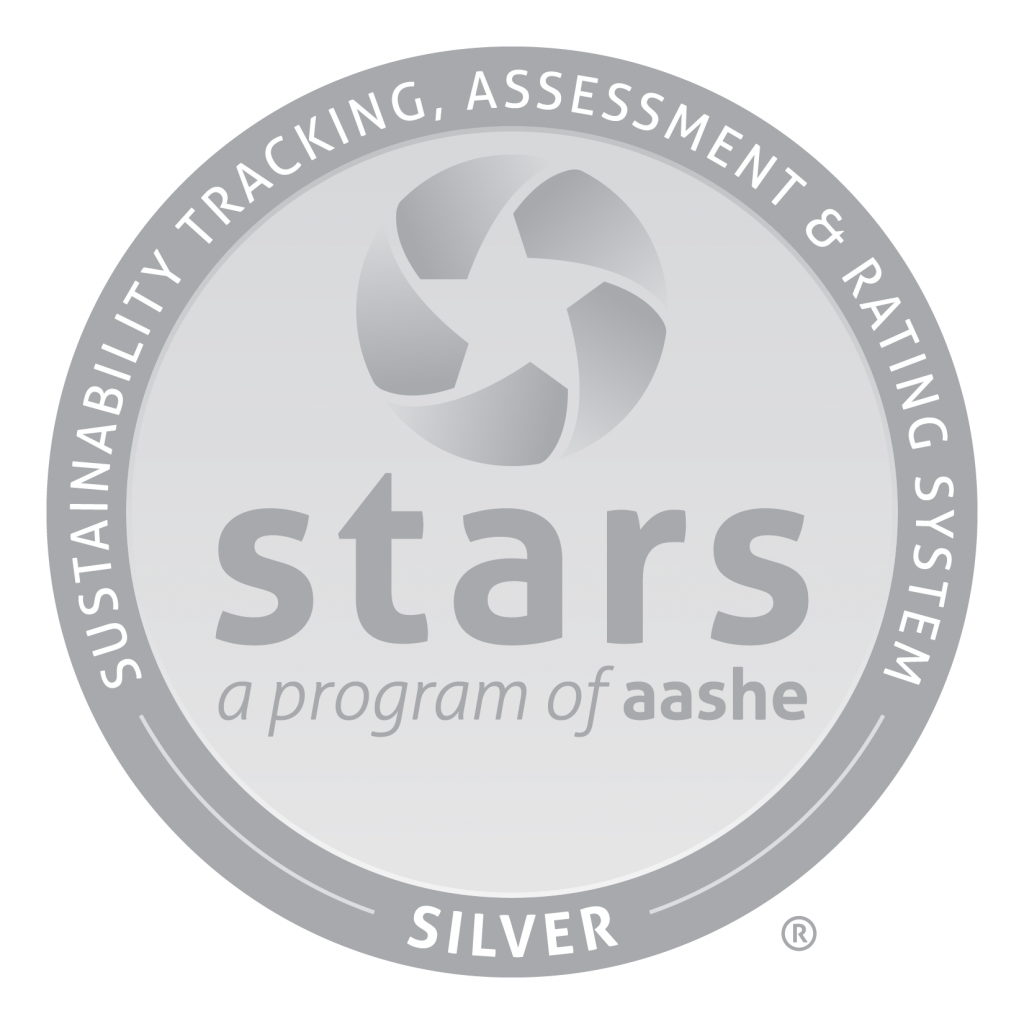In 1988, James Hansen issued the first public warnings about the impending climate crisis. At that time, the atmospheric concentration of CO2 was about 350 parts per million. We’ve emitted more fossil CO2 since then than in all of human history before.

The University of Maine’s Commitment to Sustainability
The University of Maine’s Commitment to Sustainability is strong and ever growing stronger. We continue to track our outputs and make strides towards reducing our carbon footprint. Additionally the Office of Sustainability works with the rest of the UMaine campus to incorporate sustainability into each and every part of this community at large.
In February 2007, the University of Maine became a charter signatory of the American College & University Presidents’ Climate Commitment (ACUPCC), who’s main supporting organization is Second Nature.
Many colleges and universities have signed to date, recognizing their unique responsibility to serve as role models for their communities and to develop solutions to combat global warming.
In 2015, the ACUPCC was renamed the Climate Leadership Commitments. The Climate Leadership Commitments are defined by the parts: The Climate Commitment, The Carbon Commitment and The Resilience Commitment.
The Sustainability Tracking, Assessment & Rating System (STARS) is a program of AASHE, The Association for the Advancement of Sustainability in Higher Education. STARS is a comprehensive sustainability rating system for colleges and universities that addresses the environmental, social and economic dimensions of sustainability.
UMaine completed its first STARS report in April 2019, earning a STARS silver rating. UMaine’s report is on the STARS website. Points of pride include:
In 2009, a comprehensive Campus Master Plan was developed to serve as a roadmap for the development of the University of Maine campus for the next 20 years.
It provides direction toward realizing a sustainable vision for the institution, while honoring the University’s past and enabling the people who are responsible for its future.
Sustainability Grants are available for Staff-, Faculty-, and Student-led projects that improve the environmental sustainability of campus facilities and operations in creative and cost-effective ways.




